Suspect in assassination of ex-Japanese PM charged with murder
Prosecutors in Japan have formally charged the 42-year-old suspect in the assassination of former prime minister Shinzo Abe with murder and sent him to stand trial, a Japanese court said on Friday.
Tetsuya Yamagami was arrested by police immediately after he allegedly shot the former Japanese premier with a homemade gun in July last year outside a train station in Nara in western Japan.
He then underwent a six-month psychiatric evaluation, which according to prosecutors showed that he was fit to stand trial for both murder and violating the country's gun laws.
According to the police, Yamagami told them that he killed Abe because of his apparent links to the South Korea-based Unification Church that he hated.
In his statements and social media posts attributed to him, Yamagami said his mother had given massive donations to the Unification Church that bankrupted his family and ruined his life, due to which he developed a grudge against Abe.
Yamagami’s father died by suicide during his childhood, which prompted his mother to join the Unification Church, his uncle was cited as telling the media.
Some Japanese people have expressed sympathy for Yamagami, especially those who also suffered as children of followers of the South Korea-based religious group, which is known for pressuring adherents into making big donations and is considered a cult in Japan.
Thousands of people have signed a petition requesting leniency for Yamagami, and others have sent care packages to his relatives or the detention center.
One of his lawyers, Masaaki Furukawa, told The Associated Press that given the complexity of the case, it will take months before his trial begins. He said Yamagami will have to take responsibility for the serious consequences of his alleged actions.
Capital punishment is allowed under Japanese law for murder, but experts say it is applied usually for multiple killings so Yamagami could get life in prison if he is convicted.
The assassination of Abe, who was Japan’s longest-serving prime minister in history, drew condemnation from across the world.
The National Police Agency, in its report on the assassination, had concluded that the attack “could have been prevented” if the police had identified the risk of an attack in advance.
The agency’s chief Itaru Nakamura resigned in August to take responsibility for security lapses that led to the killing of Abe.
Japan's current prime minister Fumio Kishida’s popularity has dropped significantly over his handling of the church controversy and for insisting on holding a state funeral for Abe, a controversy-marred former head of the state.
Diplomacy does not entail sending bombers, Iran’s foreign minister tells US
Israel approves 126 illegal units in West Bank settlement evacuated in 2005
VIDEO | Press TV 's news headlines
VIDEO | Iran seizes tanker carrying 4 million liters of smuggled fuel
HTS forces abduct prominent American journalist Bilal Abdul Kareem in Syria
VIDEO | Iran: Beyond the majority
VIDEO | Netanyahu’s verbal escalation vs. Iran
Zelensky: ‘General consensus’ reached with US on Ukraine peace plan


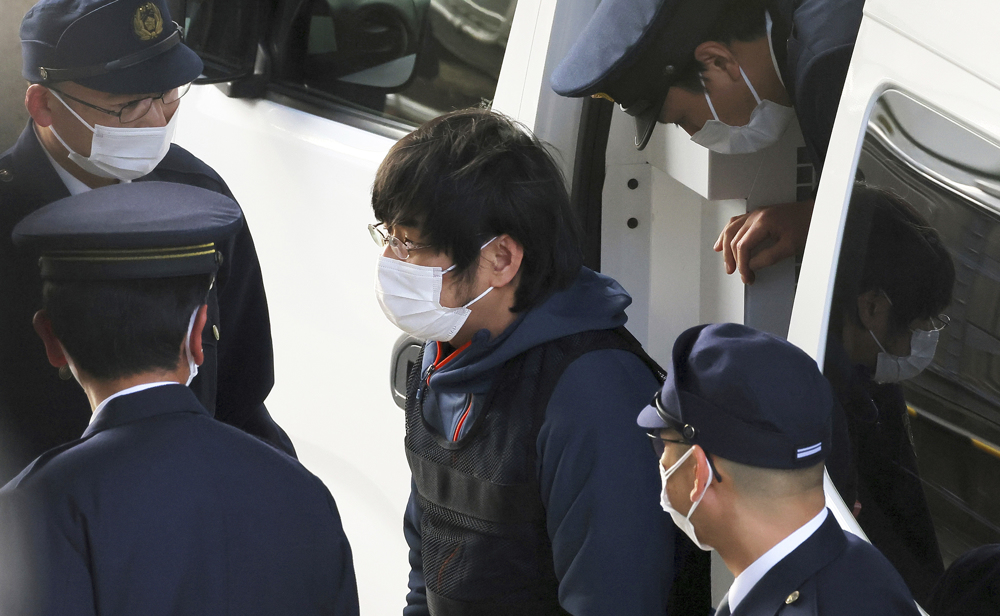

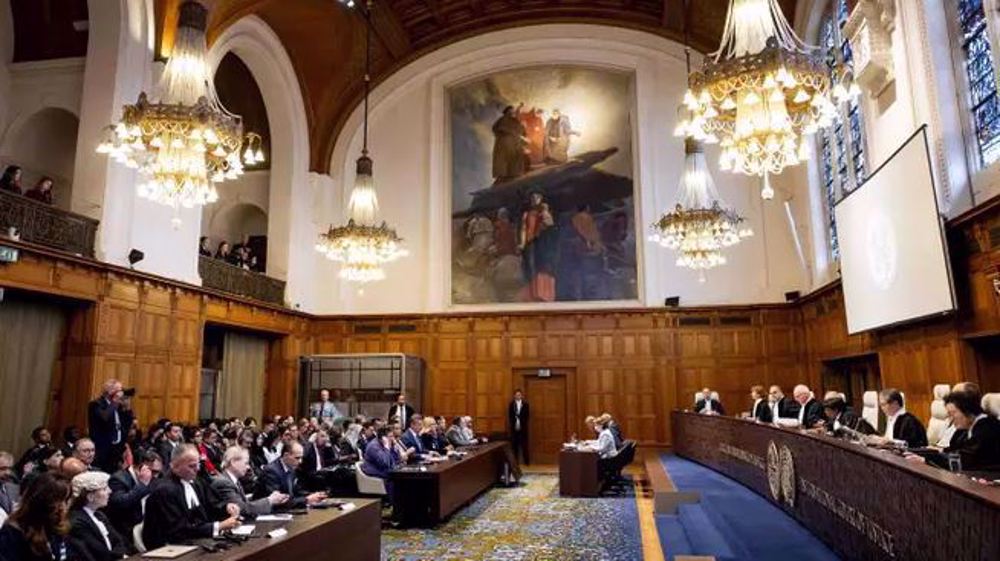
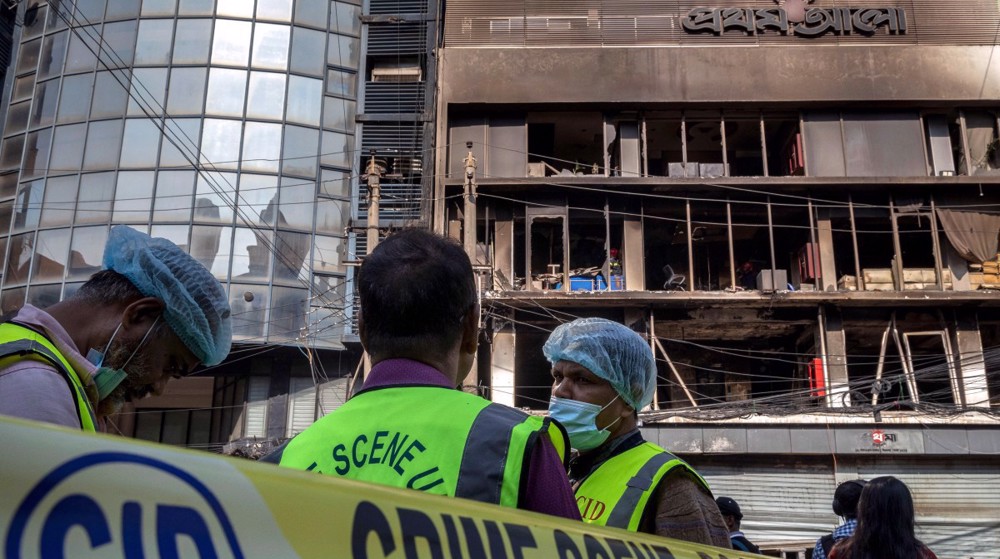



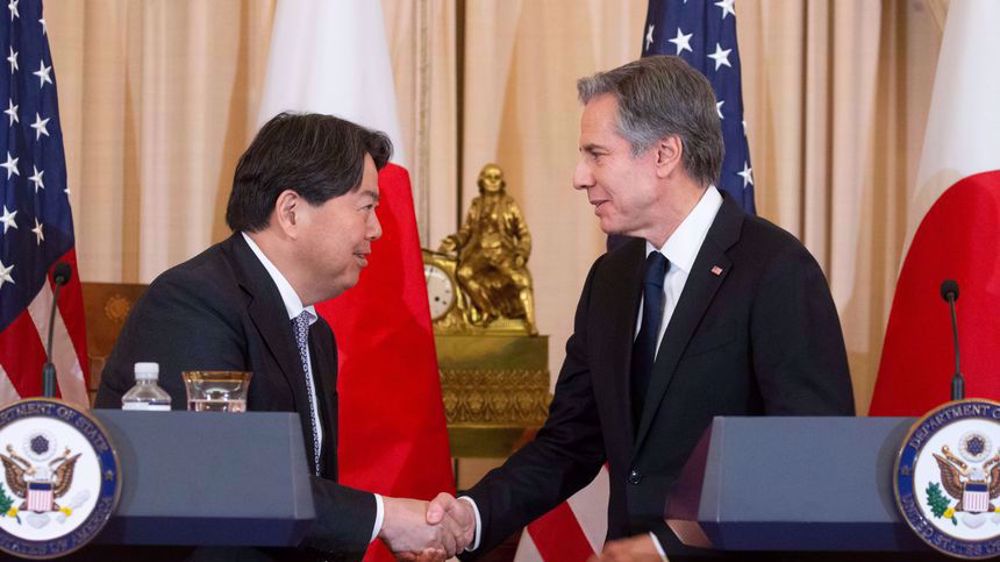
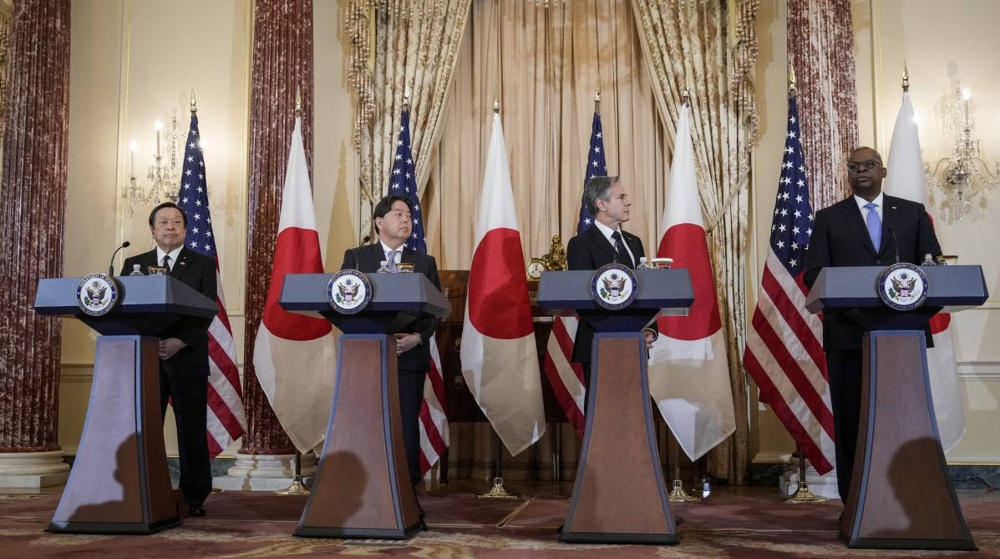
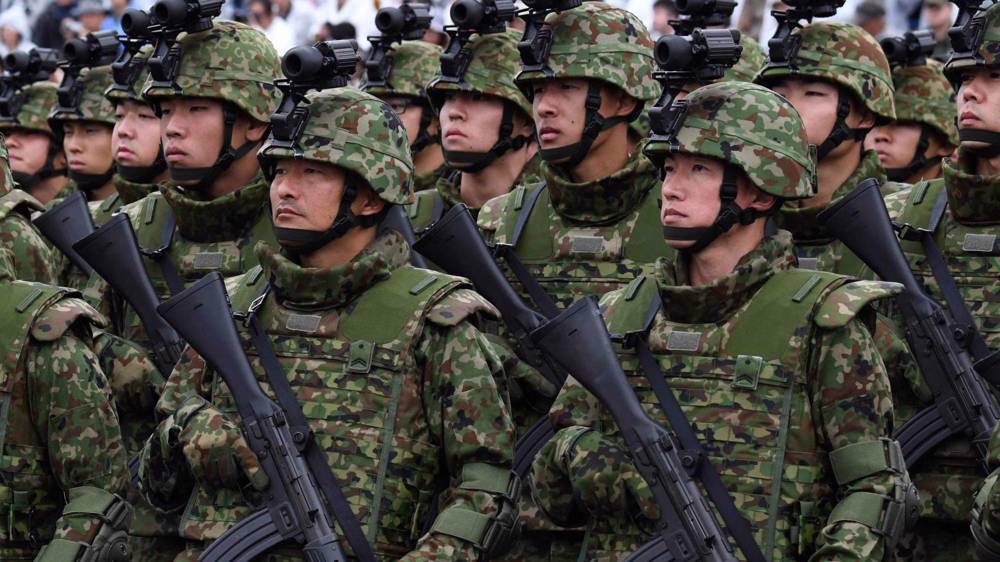
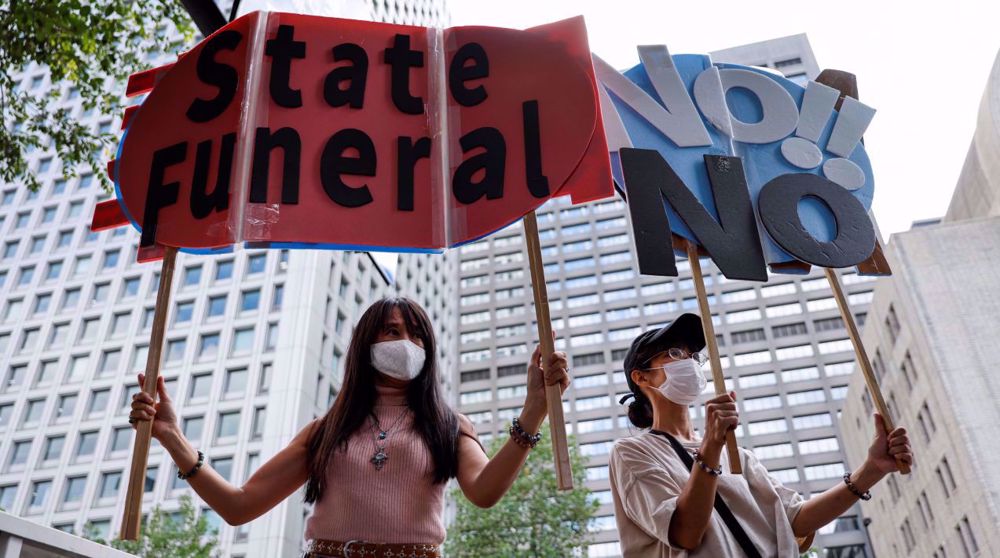
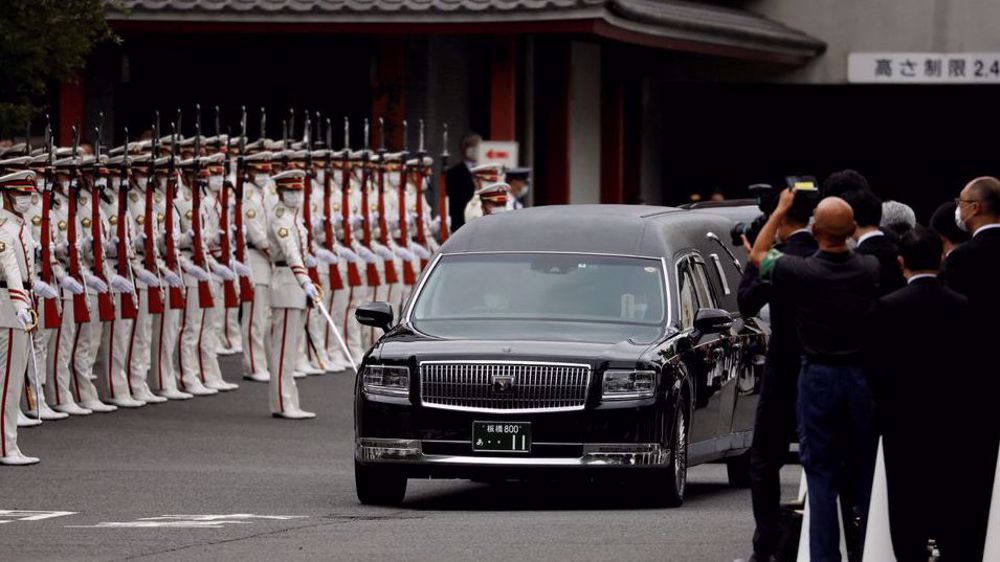
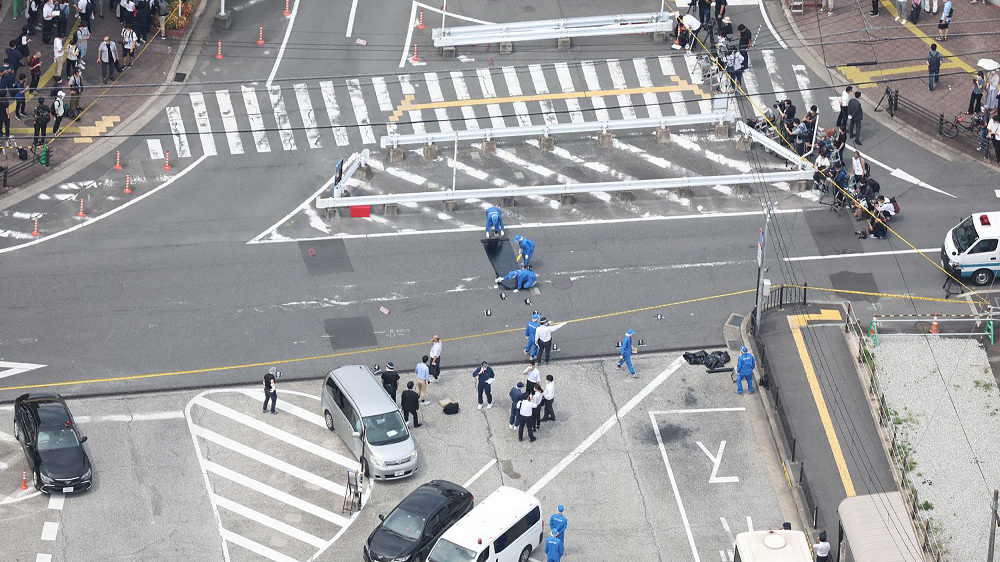
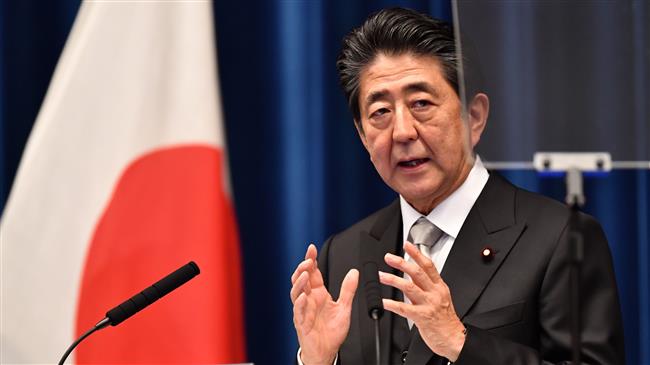

 This makes it easy to access the Press TV website
This makes it easy to access the Press TV website